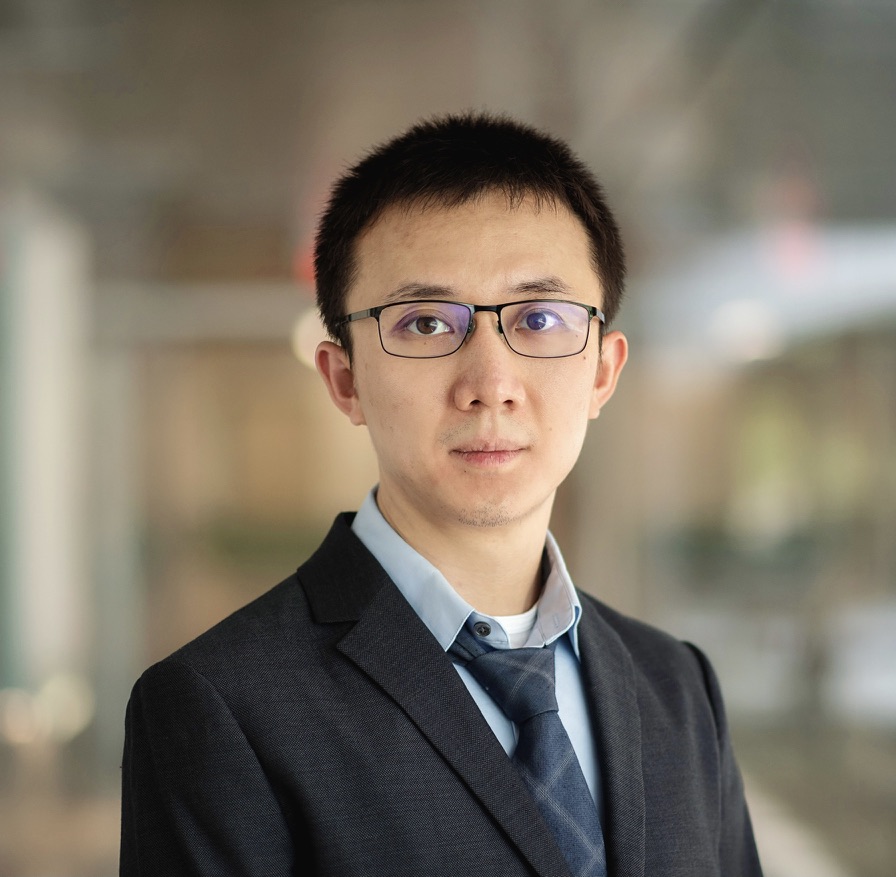News
GenAI diffusion models learn to generate new content more consistently than expected
Award-winning research led by Prof. Qing Qu discovered an intriguing phenomenon that diffusion models consistently produce nearly identical content starting from the same noise input, regardless of model architectures or training procedures.News 2023
Improving generative AI models for real-world medical imaging
Professors Liyue Shen, Qing Qu, and Jeff Fessler are working to develop efficient diffusion models for a variety of practical scientific and medical applications.Neural Collapse research seeks to advance mathematical understanding of deep learning
Led by Prof. Qing Qu, the project could influence the application of deep learning in areas such as machine learning, optimization, signal and image processing, and computer vision.News
April 17, 2023
Qing Qu receives Amazon Research Award
Qu’s research project in the area of machine learning algorithms and theory is called “Principles of deep representation learning via neural collapse.” Awardees, who represent 54 universities in 14 countries, have access to Amazon public datasets, along with AWS AI/ML services and tools.Miniature and durable spectrometer for wearable applications
A team led by P.C. Ku and Qing Qu have developed a miniature, paper-thin spectrometer measuring 0.16mm2 that can also withstand harsh environments.Teaching Machine Learning in ECE
With new courses at the UG and graduate level, ECE is delivering state-of-the-art instruction in machine learning for students in ECE, and across the UniversityQing Qu receives CAREER award to explore the foundations of machine learning and data science
His research develops computational methods for learning succinct representations from high-dimensional data.Prof. Qing Qu uses data and machine learning to optimize the world
A new faculty member at Michigan, Qu’s research has applications in imaging sciences, scientific discovery, healthcare, and more.

 MENU
MENU 